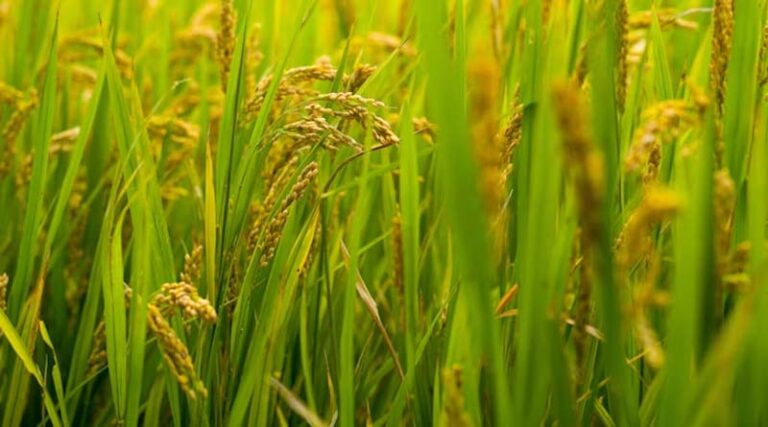
India’s $337 Million Basmati Exports to U.S. Face Tariff Shock as Trump Announces 25% Duty
31 July 2025, New Delhi: India’s iconic Basmati rice exports to the U.S., valued at over USD 337 million in FY 2024–25, could face a major trade setback as former U.S. President Donald Trump declared a 25% tariff on Indian goods starting August 1. In a strongly worded post, Trump accused India of maintaining high tariffs, restrictive trade practices, and continuing close defense and energy ties with Russia, at a time of global calls to isolate Moscow over the Ukraine conflict.
The move, which sent shockwaves across India’s agri-export ecosystem, directly targets the most valuable commodity India sends to the U.S. — Basmati rice, which accounted for over 274,000 metric tonnes in volume this financial year.
Basmati at the Core of the India–U.S. Agri Trade
According to official trade data (DGCIS), Basmati rice alone made up more than 17% of India’s total agri-food exports to the U.S. in 2024–25.
| Commodity | Export Value (USD Million) | Quantity (MT) |
|---|---|---|
| Basmati Rice | 337.10 | 274,213.00 |
The U.S. is among the top five global destinations for Indian Basmati, driven by demand from both the South Asian diaspora and mainstream health-conscious consumers seeking low-GI, aromatic rice.
However, the 25% tariff — if imposed across the board — would significantly inflate import costs, making Indian Basmati far less competitive compared to rice from Vietnam, Thailand, and Pakistan.
Exporters Raise Alarm
Industry stakeholders fear the proposed tariff could derail growth momentum built over years.
“We’ve worked hard to build Basmati as a premium identity in the U.S. market,” said a rice exporter from Haryana. “A blanket 25% tariff could not only choke current orders but also push long-term buyers to look for alternatives.”
Traders also point out that unlike mass-market rice, Basmati rice has premium branding, shelf positioning, and loyal buyers, many of whom may not easily shift — but higher retail prices could still depress volumes.
Impact Beyond Trade
The tariff shock comes at a time when India is already facing domestic procurement challenges, volatile paddy prices, and growing pressure from farmer groups. A drop in U.S. demand could have ripple effects across northern states like Punjab, Haryana, and western UP, where Basmati is a major cash crop.
Additionally, India’s Basmati export sector supports hundreds of SMEs, packaging units, and logistics players — many of whom rely heavily on stable U.S. orders.
📢 If You’re in Agriculture, Make Sure the Right People Hear Your Story.
From product launches to strategic announcements, Global Agriculture offers unmatched visibility across international agri-business markets. Connect with us at pr@global-agriculture.com to explore editorial and advertising opportunities that reach the right audience, worldwide.






